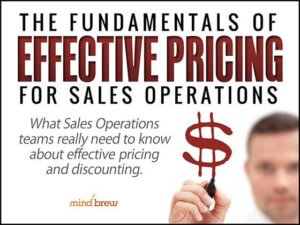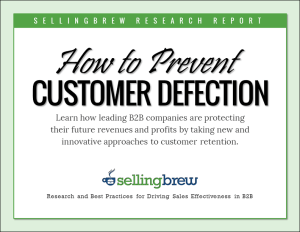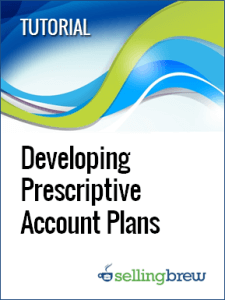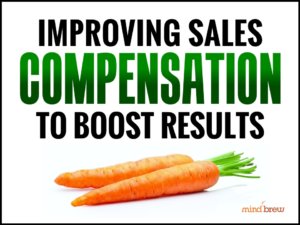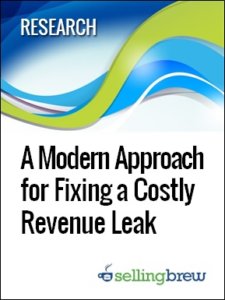How do people waste time at your office?
Maybe they scroll through social media or do some online shopping in the middle of the workday. Maybe it seems like you’re always having cake for someone’s birthday. Or maybe you just have too many unproductive meetings.
I have a friend who works in an office that has a video game room, a club for people who like to play board games (which frequently happens in the middle of the workday), and even a kegerator on site. I imagine that plenty of time gets wasted there.
Your sales team would probably tell you that they waste a lot of time on stupid paperwork. They hate entering data into the CRM, and they don’t like the regular quarterly training much better.
But the truth is that a lot of the activities sales is doing that they think is effective work is really wasted. Here are five examples of ways that sales teams waste time, even though they look like they’re working.
1. Chasing prospects that don’t buy. Most salespeople simply accept the idea that the majority of their leads will not turn into customers. They shrug off losses and press on to the next name on their lists.
But if you can narrow down those lists so that they contain more names of people who will be willing to buy, you can make your sales team much more efficient and effective. Even just a few percentage points difference can make a dramatic impact.
Want to know how? Check out How to Identify & Target Your Best Prospects.
2. Figuring out which price to charge. Deciding how high or low to set prices for a particular customer can consume an incredible amount of time and emotional energy. Salespeople go back and forth, weighing the pros and cons, hemming and hawing, before offering up their best guesstimate.
There is a better way.
With modern technology, sales ops can easily tell sales how much each customer should be willing to pay. It eliminates all the guesswork—and the doubt. See The Fundamentals of Effective Pricing for Sales Operations for details.
3. Trying to sell more to existing customers. Wait—don’t we want our salespeople to increase cross-selling and up-selling?
Yes, but only when customers have the need and capacity for more sales. Otherwise, salespeople are only wasting time—and possibly irritating loyal customers.
Again, technology can help, this time by pinpointing which customers should be buying more and which likely have needs for additional lines of products. Generating More Sales from Existing Customers explains how it works.
4. Attempting to retain customers. Yes, you do want your salespeople to retain customers, but you don’t want them to waste a lot of time (and potentially money) wooing clients who have no intention to leave. Sales ops can make this whole process much more efficient (and less stressful) by telling sales exactly which customers might be in danger of defection. Our research on How to Prevent Customer Defection outline what leading B2B sales ops teams are doing to generate exactly that kind of information.
5. Creating account plans and forecasts. Account plans and forecasts can often feel like shots in the dark. Salespeople who are forced to create them often feel like they are wasting time on guesswork.
However, as we explain in Developing Prescriptive Account Plans, forecasts and plans that are based on the true potential of each salesperson’s book of business are actually quite helpful. If you’re going to spend time on planning, make sure it is this effective kind of account planning.
Looking busy isn’t the same as accomplishing results. In the end, the company with the video game room and the keg might actually be more efficient than yours if they are using technology to help them sell smarter.


